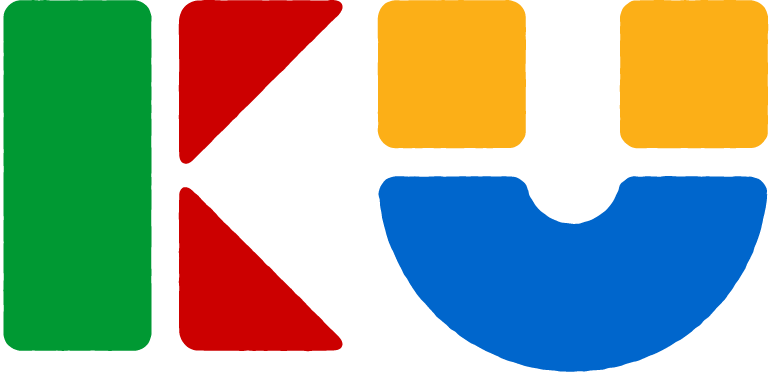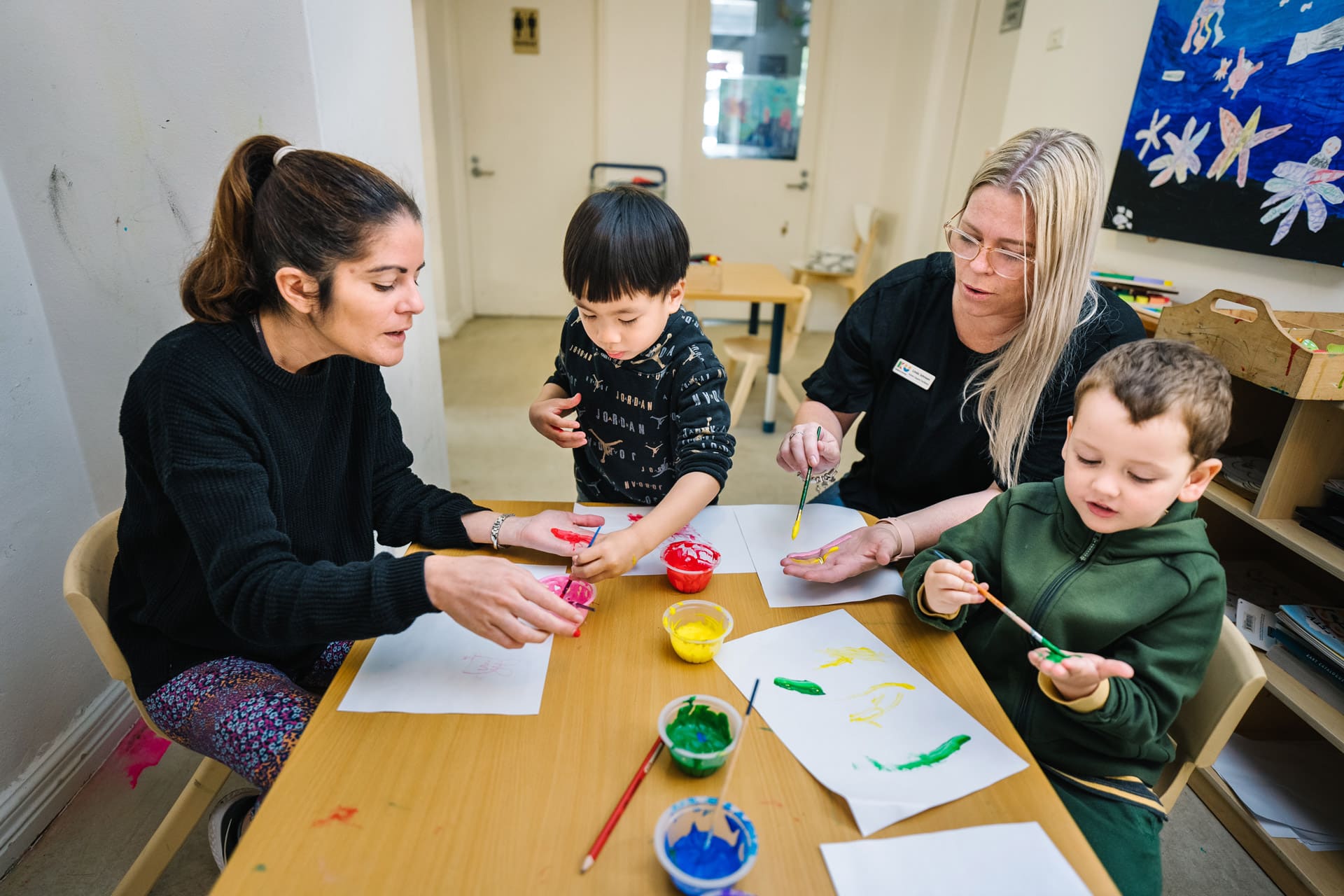
Perspectives on engaging with professional learning
Educators from three services talk about the benefits of professional learning and how it has helped them find new inspiration for their work with children.
With Megan Dodds, Rachel Cunningham and Ziying (Bei Bei) Liu
June 2023
Q&A with Megan Dodds, Director at KU Corrimal East Preschool
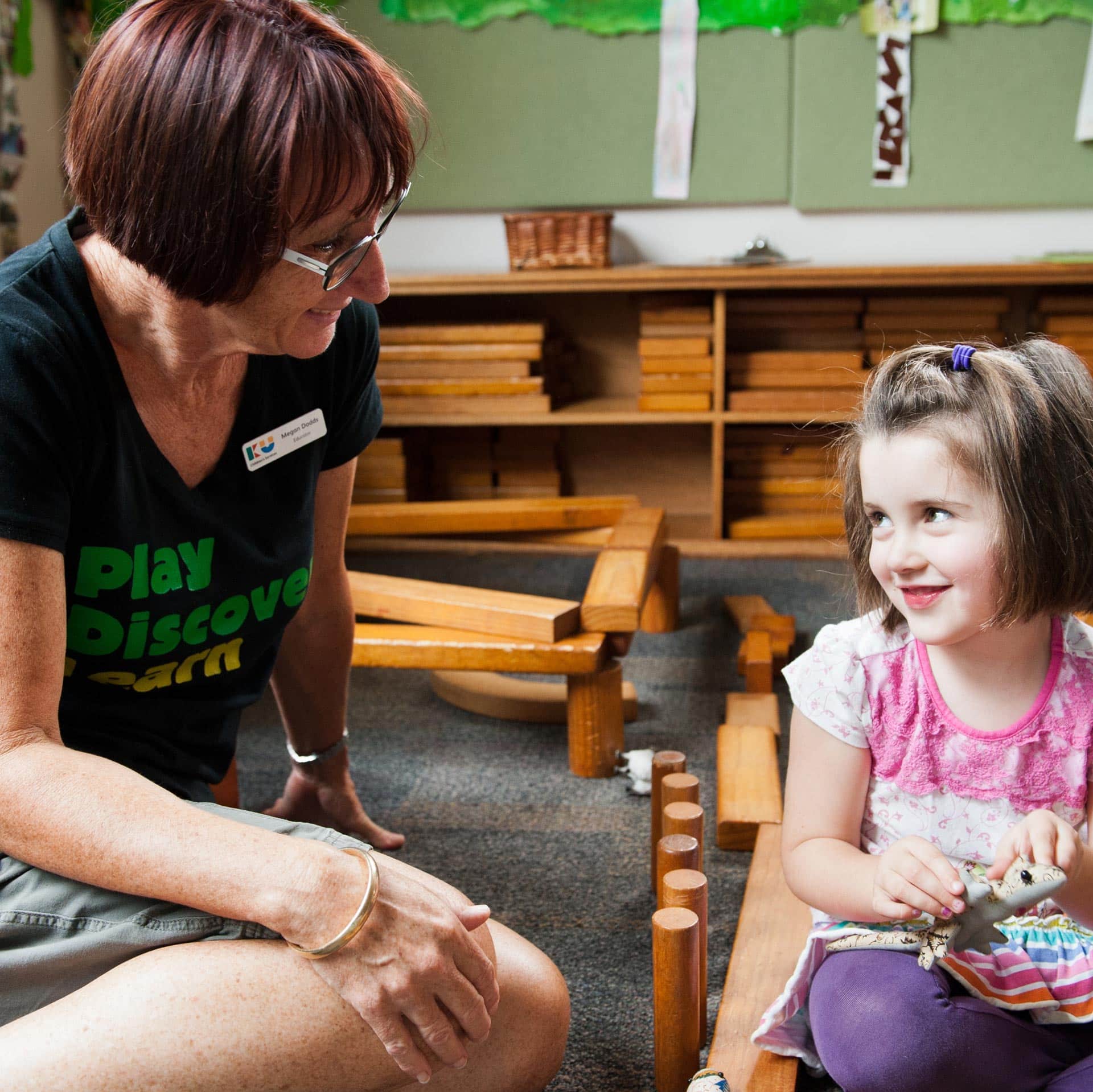
Why and how do you find time for engaging with professional learning?
Finding time for professional learning is every early childhood educator’s challenge but I believe that further learning can also be a solution that helps us to find alternative ways of thinking about our practice.
I have been teaching for over 30 years and I often find myself in an unsettled state wanting to look for ways to ‘do better’. When this feeling stirs in me, I immediately look for opportunities for further learning. KU often affords us ready access to such opportunities.
Developing relationships with people in the Learning and Development space also affords me the opportunity to be mentored, to be challenged and to develop improved ways forward.
What sets some professional learning apart from the others?
Sometimes you can stumble across topics that pique your interest, which can happen at those larger events such as Conferences. With access to many bite sized presentations, I come away with fresh perspectives and new ideas.
But I believe that the professional learning that continues to make a real difference in my work, is directly related to the relevant and context specific support received from the KU Learning and Development team. This support involves thinking together about the questions we have about our practices, our own goals, our planning, our current cohort of families, children, and educators.
KU’s Professional Learning workshops are live, not recorded, and in a small group which allow educators a chance to ask questions and receive feedback pertinent to their work. This is what sets KU apart from the other offerings.
What has been a highlight for you?
During 2020, in the midst of COVID, and before lockdowns, our team began to look at our Visual Art space. We wanted to create a space that better reflected the beliefs we hold for children; that they are capable and resourceful. When all professional learning moved online it resulted in us being able to access a huge variety of professional learning, both by KU and others, delivered in short segments, making it really accessible for the whole team. This afforded all educators an opportunity to contribute to the thinking about our art space. We recognised that we still have more learning to do here and continued to seek out opportunities to think about arts pedagogy.
This year, we participated in a KU workshop with Associate Prof Judith Dinham who introduced many new ways to think about creative arts pedagogy and we touched on the idea of comic making. This was such a coincidence, because a small group of children we are working with this year happen to be thinking about comics! This professional learning opened my mind to new possibilities and ideas I have never considered before.
How does professional learning change what you do? Can you share an example?
I have had two very clear examples of how change came about because of professional learning.
After being introduced to the concept of biocentric thinking in KU Sustainability training, we worked with the children and families and redesigned the habitat for our resident Eastern Long Necked turtles. This training helped us to switch our mindset, to think about the needs of the turtles, and has opened our hearts to thinking about the many and various creatures we share our garden with. See the full Turtle Story here.
Opportunity to learn more about the creative arts has opened our minds to the holistic opportunities the creative arts offer to young children’s learning and thinking. As a team, we are all improving our creative arts skills and knowledge and supporting children’s capacity to learn to use a wide variety of new techniques and resources. Our children have improved access to what they might need to express their ideas and thinking through visual arts. At the moment they are in the world of the comic strip and their learning is amazing.
Targeted professional learning helps inspire us and gives us ideas and strategies to further promote and support children’s learning, it also enlivens our own curiosity as educators, helping us stay motivated and energised in our work.
Professional learning and development ensures great outcomes for educators, children and families: A Service Director's perspective
By Rachel Cunningham, Director at Honey Bird Child Care Centre
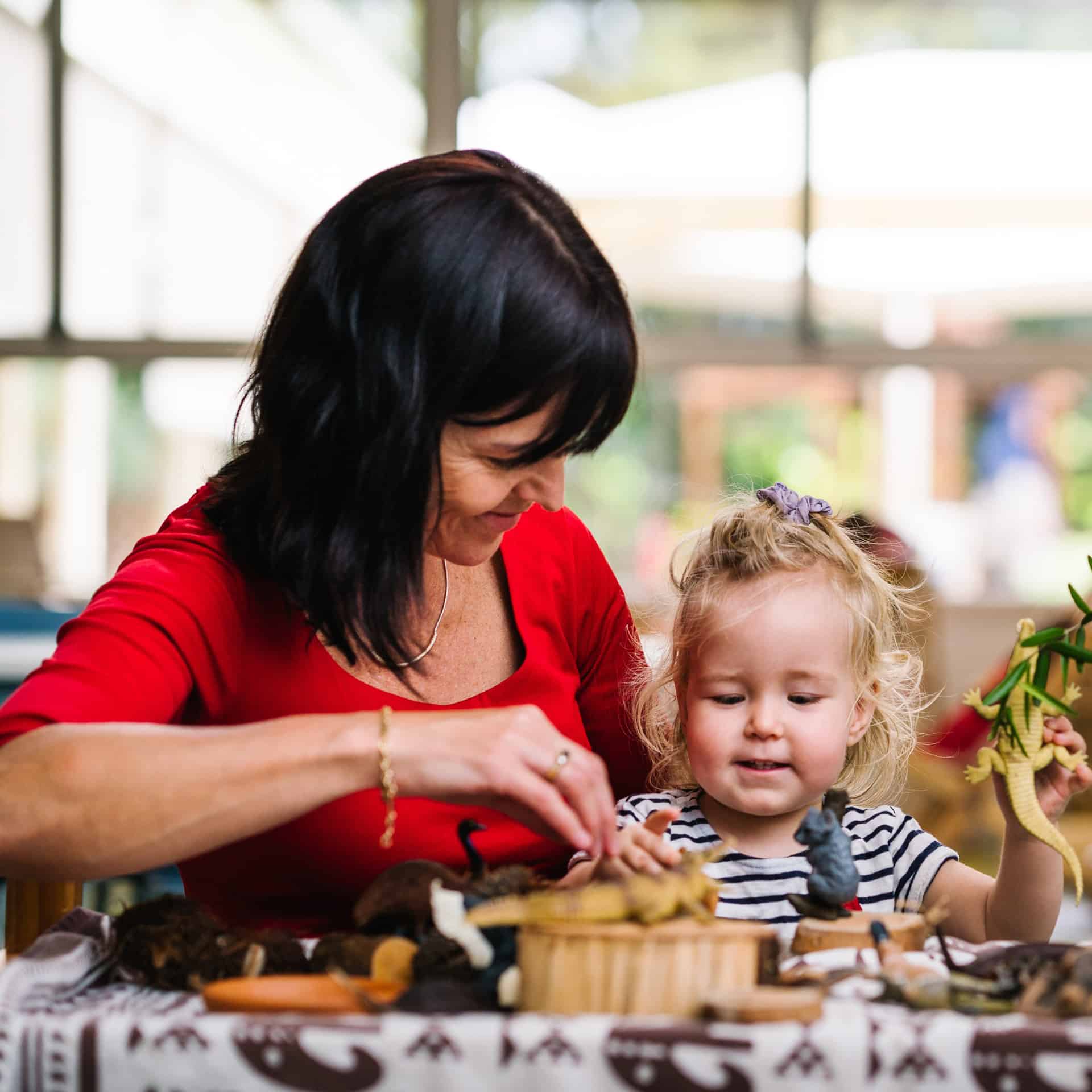
Standard 6 in the Australian Professional Standards for Teachers is centred on engaging in professional learning. Throughout my teaching career I have always sought opportunities to deepen and enhance my practice through ongoing learning. As a Director, and particularly this year, I see my role as an intermediary, bringing new knowledge and current research to my team of educators. This is to provoke, inspire and question rather than to transmit knowledge to them. As such, it aligns with our philosophy of co-learning alongside children.
As Educational Leader I have a responsibility to seek new information through my own engagement with professional learning and research as well as supporting educators’ engagement in their areas of interest.
This year after engaging in in the workshop Children in their Community: Place Based Pedagogy, I was inspired to share my expanding knowledge of the benefits of becoming active citizens in our local community. I reflected on children’s right to be a part of their local community. I started to think about children who attend our service full time and for long hours. They may be here for 40-45 hours per week and have limited opportunities to explore beyond our four walls and playground. Do we have a responsibility to children to allow their exploration, to be seen and heard by the community and to expand their circle of learning, curiosities and influence? These questions were shared with my team and we engaged in some deep and robust discussion.
Two of the rooms have started to venture into the community and have visited the park and surrounds, the cafes, the shopping centre and the CBA building. Seeing the children as part of their wider community reinforces the notion that we (children, family, service) are connected rather than existing in isolation.
We then began to think deeply about the concept of community, of knowing each other in context with the service and family. The children’s eagerness to share aspects of home life inspired the opportunity for home visits. Friends and family welcomed peers, parents and educators into their homes and a reciprocity of visits and home encounters soon became an exciting part of the curriculum. This strengthened the relational connection among children and families as they became familiar with home environments and the people and things that mattered most to them. Why had I never done this before?
This professional learning and development opportunity has been a springboard into broadening our curriculum and transforming practice.
KU Professional Learning: A protagonist for professional practice
By Ziying (Bei Bei) Liu, Educator at KU Bradfield Park
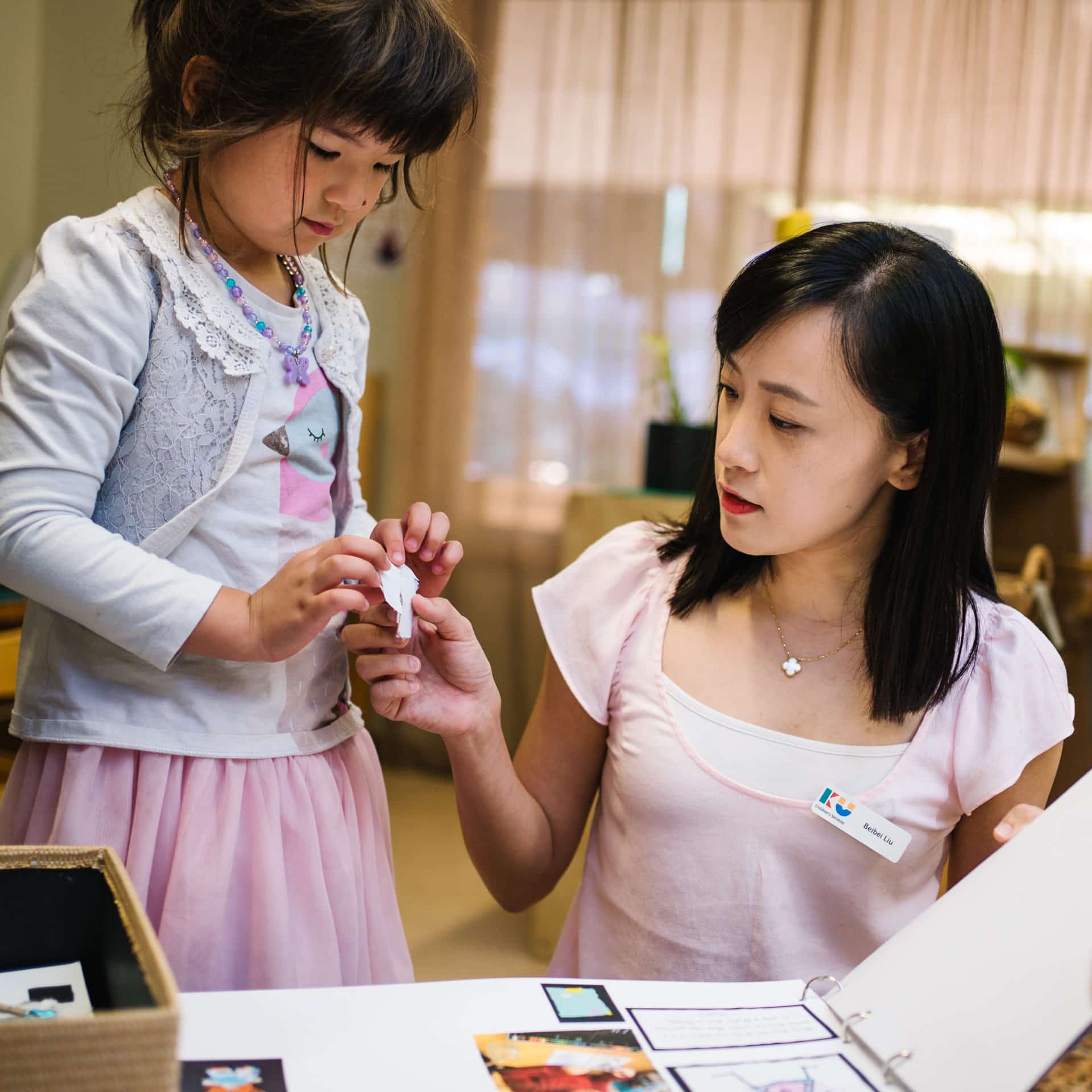
KU’s Learning and Development Program continues to be a catalyst for my career growth and development. Each year a calendar of rich and diverse professional learning opportunities inspires me to explore new ways of being with children. It has strengthened my knowledge and pedagogical capabilities, ignited my inner creativity, fostered a sense of community with other teachers, broadened my horizons and nurtured a commitment to explore new possibilities and generative ideas.
The opportunities to engage with KU’s Professional Learning and Development has empowered me to embrace complexity in my work, to collaborate with colleagues, and contribute to a culture of playful inquiry in my practice.
KU’s workshops, ongoing Professional Learning Community (PLC) involvement, KU conferences and mentoring from Practice Facilitators and critical friends such as Ann Pelo has helped to shape my pedagogical philosophy and practice. I feel I have become a more responsive educator, energised through my connection with the Learning and Development facilitators who have stepped into the role of pedagogical leaders, encouraging me to think and reflect on my practice.
KU Professional Learning and Development currently goes beyond workshops and courses, it involves ongoing engagement and collaboration with facilitators throughout a professional learning journey. This model of support and guidance has strengthened my confidence in recognising the many languages of children and my capacity to be attuned and responsive in ways that celebrates a strong image of the child.
Ongoing collaboration with the Learning and Development team and other educators stimulates creativity and has encouraged me to stretch my practice to find greater opportunities for complex thinking, drawing on a collective wisdom and rich learning experiences.
The KU Learning and Development Model has created space for relational learning, where a routine and ritual to read, discuss and investigate new possibilities and ideas has promoted teaching as research that is strongly aligned with inquiry-based learning. These professional relationships have played a critical role in guiding and mentoring me as a curious and committed early childhood professional.
Join a KU Learning and Development course or event
KU Learning and Development offers a carefully crafted calendar of boutique offerings that invite teachers and educators into important conversations about professional identity, practitioner knowledge and experiences of learning.
